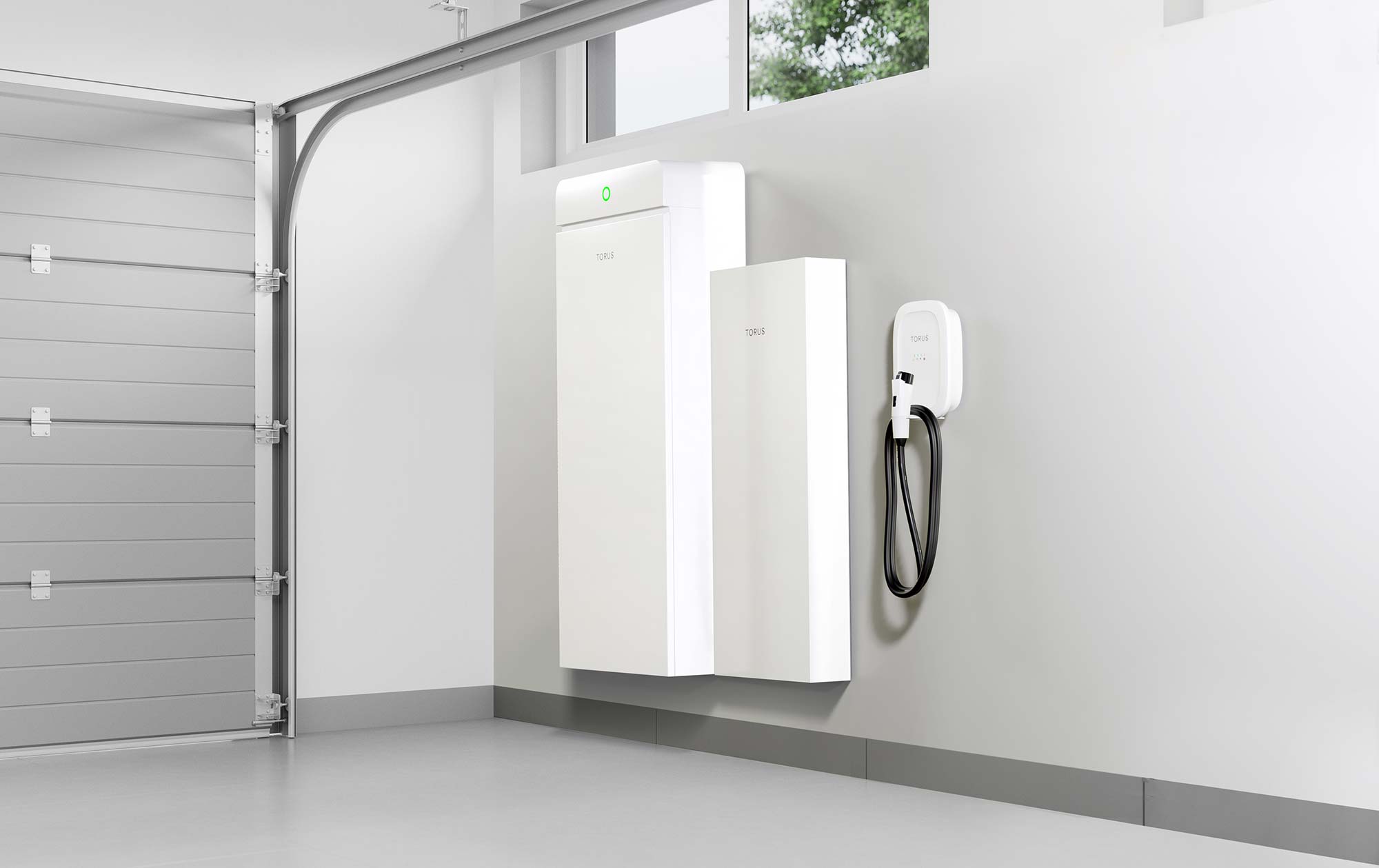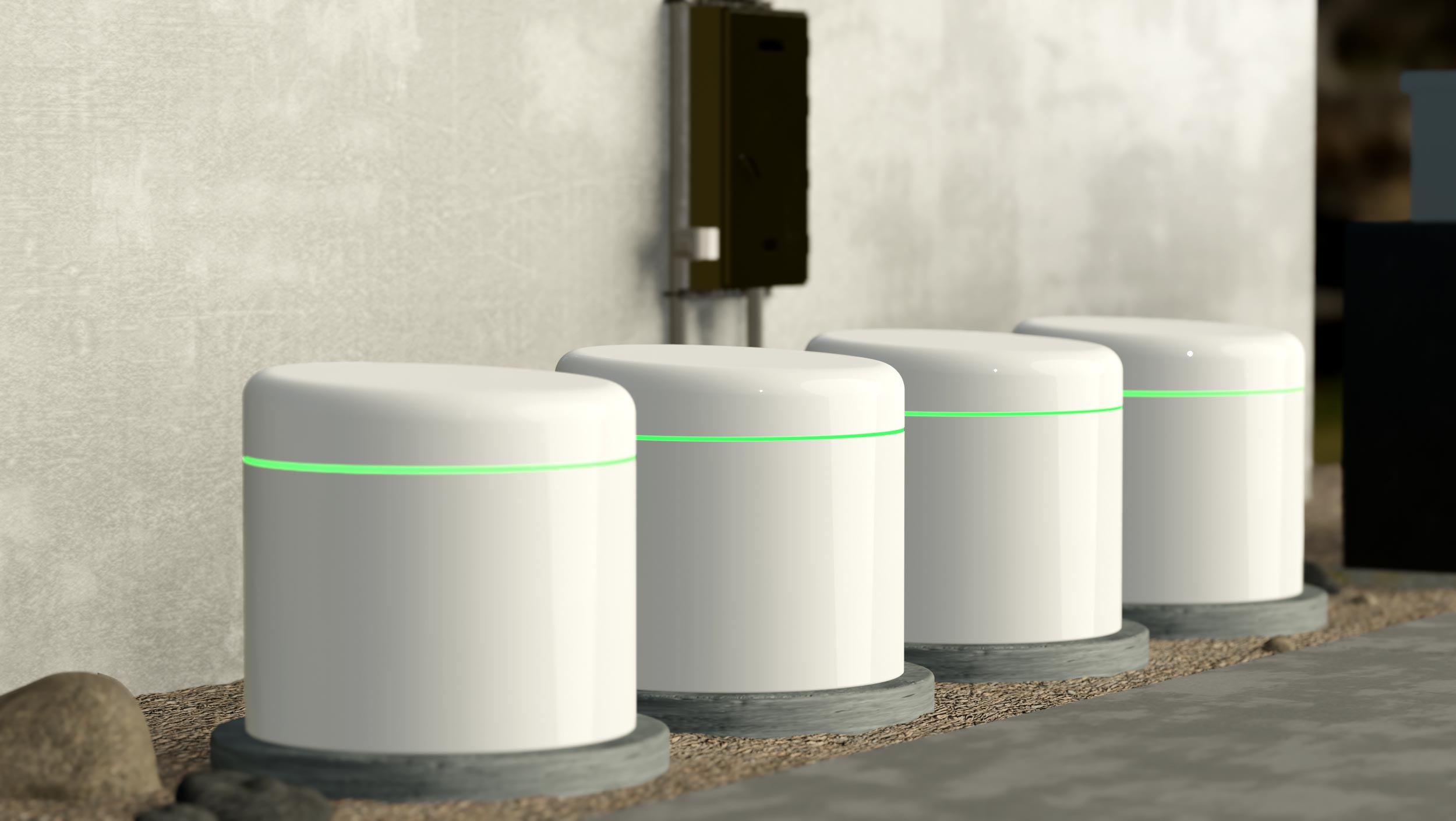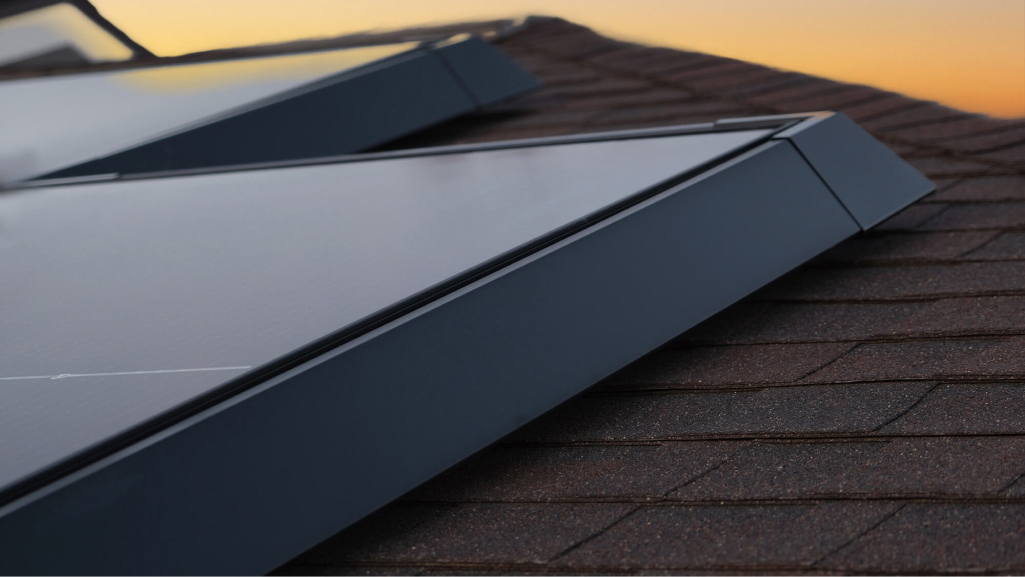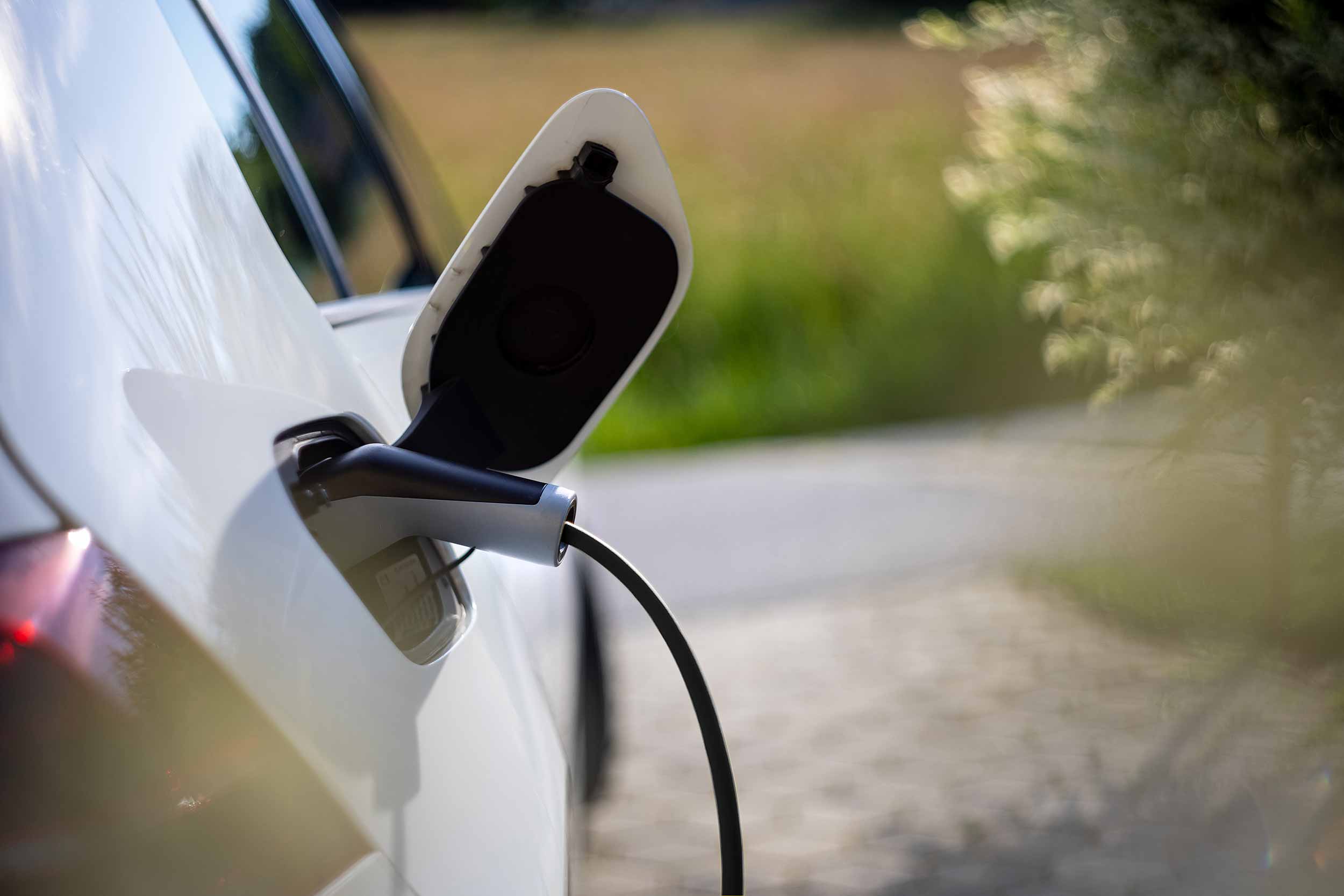What Are The Benefits of Energy Efficiency?
There’s plenty of upside for individuals and environments alike
Energy efficiency offers a wide range of benefits, from mitigating climate change and reducing environmental impact to stimulating economic growth. Embracing energy efficiency is not only essential for individuals and businesses, but also crucial for achieving a sustainable future for our planet. By optimizing our energy consumption, we can achieve multiple benefits for both individuals and society as a whole. Below we’re breaking down a few of the numerous advantages of embracing energy efficiency, as well as how it contributes to a sustainable future for us all.
Environmental Benefits
- Reduced Greenhouse Gas Emissions: Energy efficiency helps decrease the demand for fossil fuels, which are our primary source of greenhouse gas emissions. By using energy more efficiently, we can mitigate climate change and contribute to a cleaner and healthier environment.
- Conservation of Resources: By reducing energy consumption, we decrease our reliance on limited resources such as coal, oil, and natural gas. Preserving these resources not only extends their availability but also minimizes the environmental impact associated with their extraction and production.
Cost Savings
- Lower Energy Bills: Energy-efficient practices and technologies significantly reduce energy consumption, resulting in lower utility bills for households and businesses. By using energy more wisely, we can save money and increase our financial well-being.
- Long-Term Financial Benefits: Investing in energy-efficient appliances, insulation, and renewable energy systems can provide substantial long-term savings. The initial upfront costs are often offset by reduced energy bills and increased property value, making energy efficiency a sound financial decision.
Energy Security
- Reduced Dependence on Imported Energy: Energy efficiency decreases a country's reliance on imported energy resources, increasing energy independence and security. By optimizing energy use and diversifying energy sources, nations can mitigate geopolitical risks and enhance their resilience.
- Enhanced Grid Resilience: Energy-efficient practices, such as demand response programs and distributed generation, help alleviate stress on the electrical grid. This improves grid stability, reduces the risk of blackouts, and enhances overall energy reliability.
Health & Comfort
- Improved Indoor Air Quality: Energy-efficient buildings often incorporate better ventilation and filtration systems, leading to healthier indoor environments. By reducing the presence of pollutants and allergens, energy-efficient practices promote better respiratory health and overall well-being.
- Enhanced Thermal Comfort: Energy-efficient homes and buildings feature effective insulation and efficient heating, ventilation, and cooling systems. This ensures consistent and comfortable indoor temperatures, improving occupants' comfort and quality of life.
Job Creation and Economic Growth
- Green Jobs: The pursuit of energy efficiency drives innovation and the development of energy-efficient technologies and services. This, in turn, creates new job opportunities across various sectors, supporting economic growth and fostering a sustainable green economy.
- Competitiveness in the Global Market: Industries that prioritize energy efficiency are more likely to remain competitive in a rapidly evolving global marketplace. By adopting energy-efficient practices, businesses can reduce operational costs, enhance productivity, and attract environmentally conscious customers.
The Torus Station is the most effective way to create, store, and manage clean, renewable energy at home.
Curious? Learn More.
Interested in a free consultation? Get in Touch
Ready to commit? Customize your system




